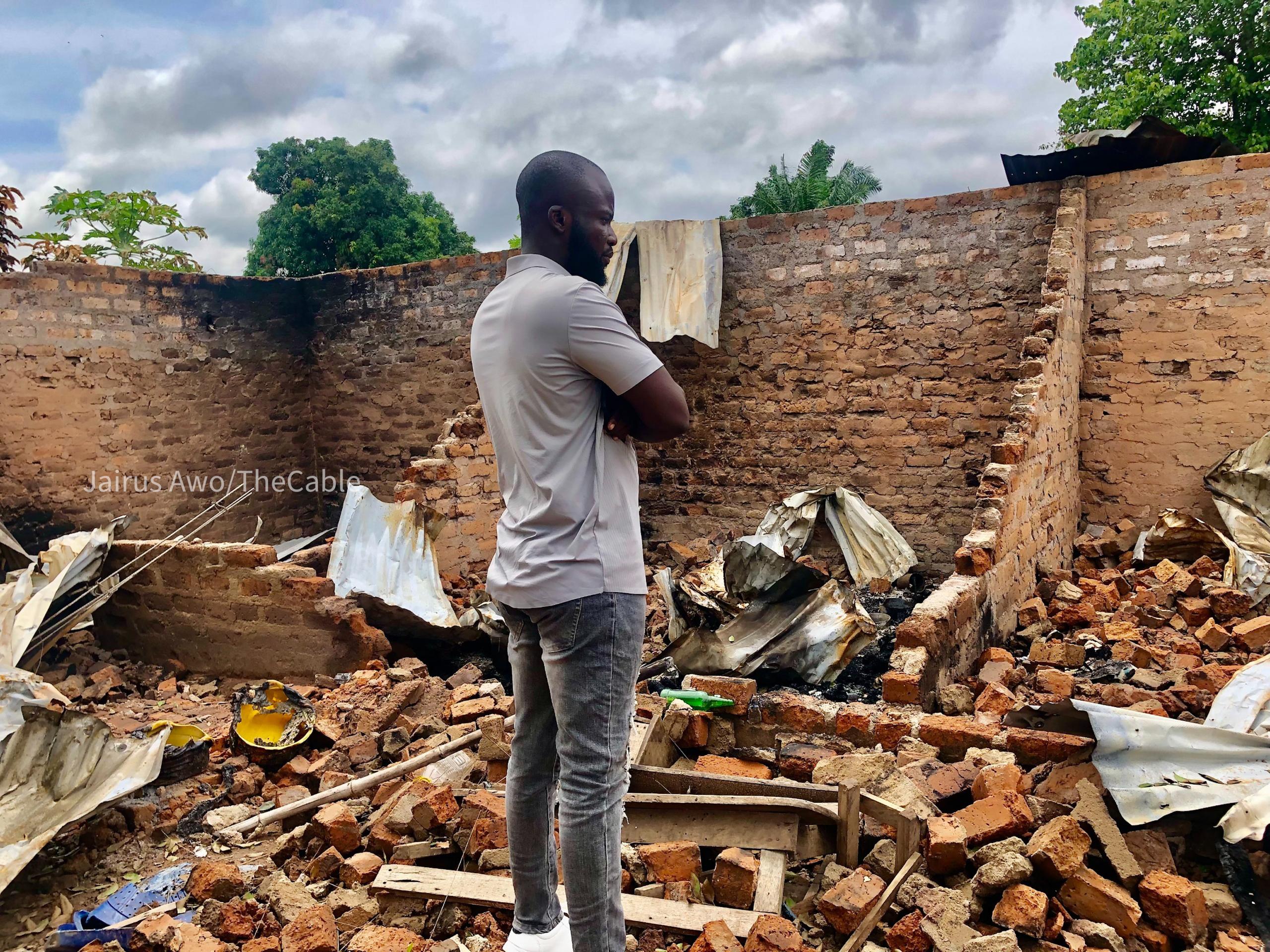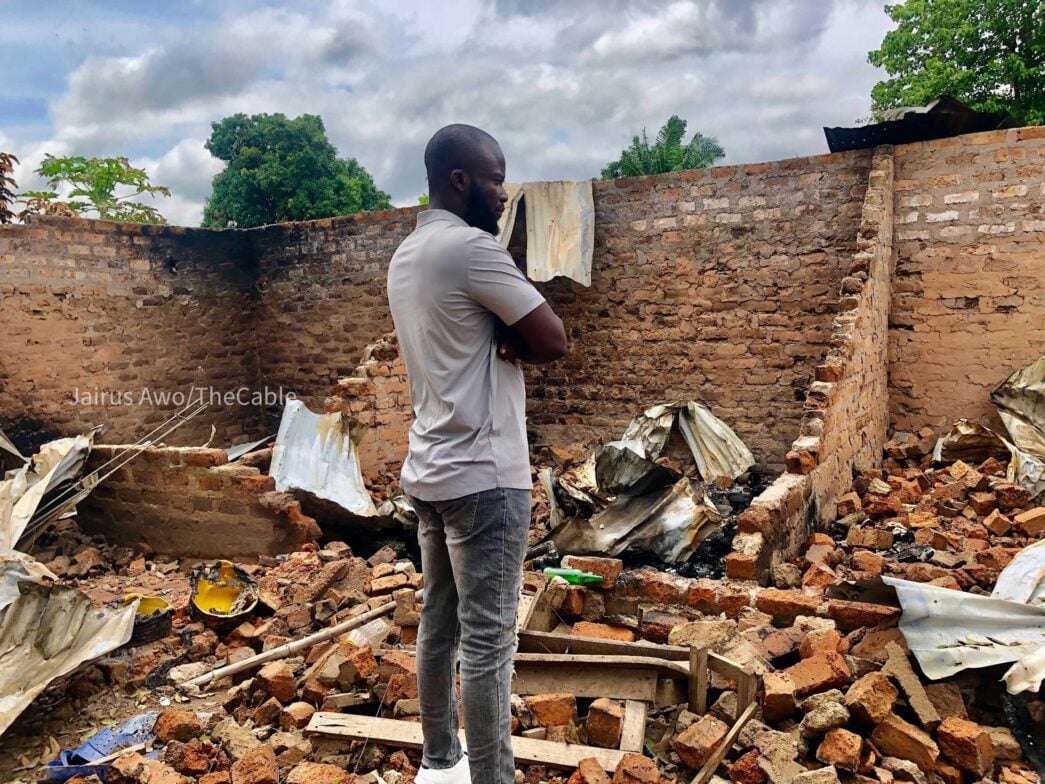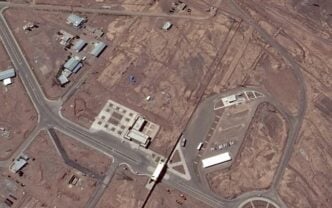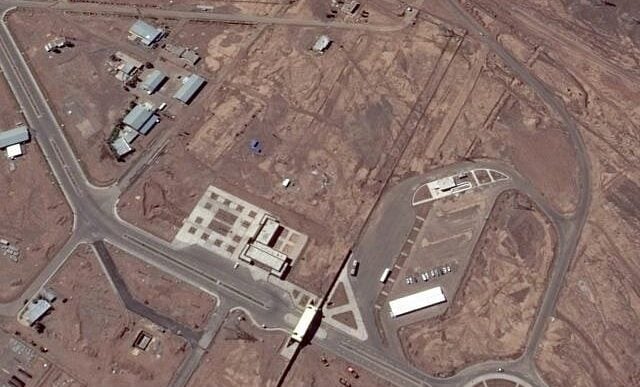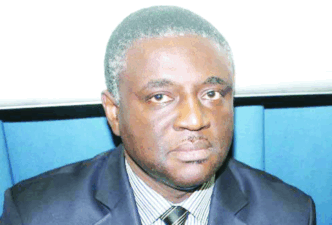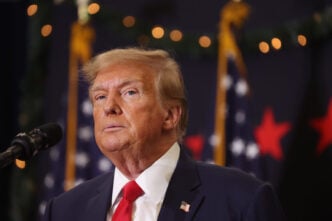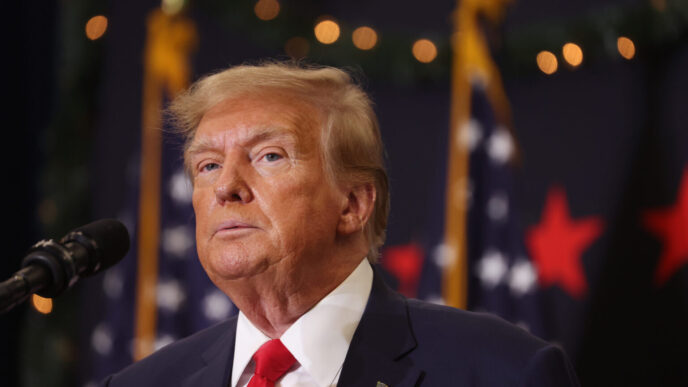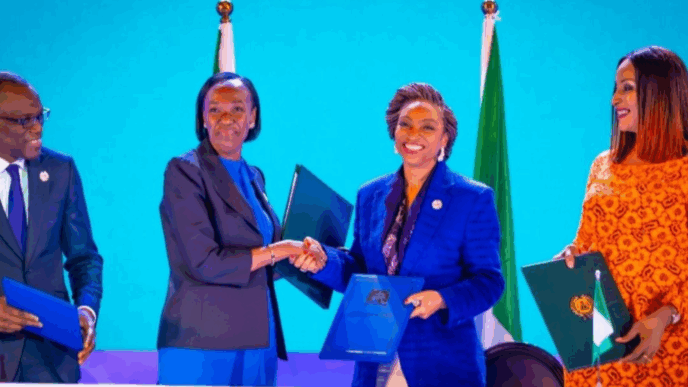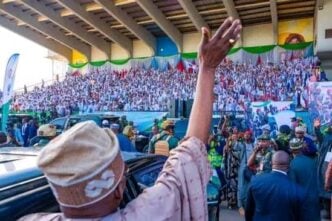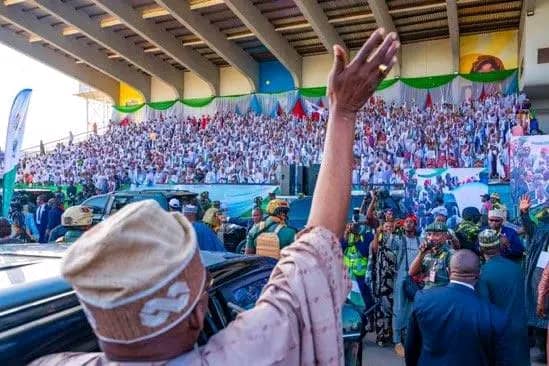On June 13, 2025, Yelewata and Daudu, two Benue communities bordering Nasarawa state, played host to a gory spectacle overnight. It was filled with sorrow, tears and blood. Hundreds of villagers — women and children inclusive — were murdered in cold blood in the dead of the night. There was nobody to protect or rescue them, much less attempt to arrest the bloodthirsty butchers. Yet again, defenceless and hapless Nigerians have been sent to their graves as deadly conflicts continue to hold down parts of Nigeria, particularly the northern region where terrorists and bandits have been wreaking havoc for eons, not to mention the endless communal conflicts because of land and water.
I have read and seen many things regarding the Benue killings on social media. There are various versions. One version says Fulani herders were first attacked and killed by “Tiv militias” for trespassing into people’s lands to graze their cattle. The killings, this version says, did not attract media attention “because herders were the victims”. The herders allegedly regrouped, reinforced and went on a reprisal, and this made global headlines. Another version says “Fulani jihadists” just want to take over Tiv land. A different version says politicians are ganging up against Governor Hyacinth Alia, who is accused of arming militias against his opponents. All sorts of stories out there.
In the last two years, violence in Benue state alone has led to the death of over a thousand Nigerians. This has been a common story in Zamfara, Kebbi, Sokoto, Plateau, Taraba and Borno states where the stench of death and destruction is permanently in the air. Only Kaduna has been recording a measure of peace in recent times among the violence-prone states. Terrorism and banditry aside, communal conflicts happen frequently in Nigeria. But when you now throw religion and ethnicity into the fray, the conflict becomes more politically heated and highly explosive, and it is virtually impossible for insiders and outsiders to have a nuanced conversation on the cause and effect — and the antidote.
The Benue killings attracted a statement from Pope Leo XIV, who said: “I pray in particular for the rural Christian communities in the state of Benue, who have unceasingly been victims of violence.” Bishop Wilfred Anagbe of the Makurdi diocese once said that “Benue has been attacked by Islamist extremists and Fulani herdsmen” targeting Christians, with farmers driven from their land, churches burned as well as priests and lay members killed. “The militant Fulani herdsmen bear down on defenceless villagers without consequence. They follow orders to conquer, kill, and occupy. [This] can be summed up as that of a church under Islamist extermination,” the bishop said in the UK back in March 2025.
Advertisement
Prof James Ayatse, the Tor Tiv and the state’s paramount ruler, told his own version of what is — or has been — going on: “What we are dealing with here in Benue is a calculated, well-planned, full-scale genocidal invasion and land-grabbing campaign by herder terrorists and bandits, which has been going on for decades and is worsening every year,” he said, adding with emphasis: “Wrong diagnosis will always lead to wrong treatment. So, we are dealing with something far more sinister than we think about. It is not learning to live with your neighbours. It is dealing with the war.” I could feel anger and resentment in those words. I would say these are common sentiments among Tivs.
Ironically, the Tiv and the Fulani used to be good neighbours in the early years of shared existence. Tiv are believed to have migrated from Bantu land in south-east Africa in the 1600s and 1700s before settling in their current location, where they formed a bond with Fulani. They fondly called each other “jo”: “Fulanijo” and “Tivjo”. There used to be a banter between them: a Fulani would tell a Tiv “you stole my cow”, and the Tiv would reply “yes, I ate it”, and both would laugh and exchange greetings. Politics terminated the relationship under colonial rule when they were grouped together in the north. Friends became rivals and enemies. Long gone was the “jo” — whatever it meant.
Between 1929 and 1960, Tiv leaders demanded separation from the north because of “Hausa/Fulani domination”. In 1964, a United Middle Belt Congress (UMBC) member in the Northern House of Assembly, Isaac Sha’ahu, threatened that unless the Tiv Division was made a region — just as the Midwest Region was created from the Western Region in 1963 — “the only course we can take now since we are not wanted in the North is to pull out of the North and the Federation as a whole. We shall be a sovereign state…” The ruling Northern Peoples Congress (NPC) declared the threat of secession as a “stupid and impossible demand”. Many others said it was “reckless and dangerous”.
Advertisement
Therefore, any attempt to resolve the Benue situation in today’s Nigeria must factor in the historical political animosity between the feuding parties, otherwise we will be building a house from the roof. It is good that Tinubu has asked the governments of Benue and Nasarawa states to constitute a committee to tackle the crisis. This is an important step. Committee membership must cover all affected parties. There must be a sincere and genuine desire by all parties to build peace. The rhetoric is already acidic and positions have been taken, but there must be room for a dispassionate appraisal of the remote and immediate causes, otherwise how can we fashion out a lasting solution?
Beyond the poisoned political history, however, there are several other factors at play. As far back as 1999 or 2000, Emir Muhammadu Sanusi II delivered a paper in faraway South Africa, warning that Lake Chad was drying up and that it would have political, economic, social and security implications. Many, if not most, of the conflicts we have in northern Nigeria today are a consequence of the Lake Chad crisis, which is a product of climate change. Herders, running out of water and grass for their cattle, started moving downwards, often destroying farmlands and polluting streams and rivers in their wake. This brings them in conflict with their “hosts”. We know what always happens next.
The Lake Chad crisis aggravated problems that were already on the ground. Before the crisis, herders had always been across the country. Some even had settlements. However, climate change is affecting the whole country, heightening the local competition for land and water. I have heard arguments that when Fulani herders ruin farmlands belonging to Kanuri or Hausa and this results in bloodshed, it is treated as northerners butchering northerners, so it is not considered good enough for the headlines. Even when bandits and terrorists kidnap or kill hundreds of villagers in Zamfara, Kebbi, Sokoto and Katsina states, it is not treated or reported as religious or ethnic genocide.
For me, what I am most interested in is a lasting solution. We can apportion blame. We can accuse the president of sleeping while Rome burns. We can say his critics are playing politics. We can accuse Fulani of having an agenda. We can say Tiv are fighting an ancient war. We can propound conspiracy theories and counter theories. We can do a conflict timeline and list the body counts. We can accuse politicians of being fifth columnists. We can accuse the security agencies of being complacent or complicit. However, all our words and efforts must lead to working out a feasible solution and building lasting peace, otherwise we will just be wasting our emotions and energies.
Advertisement
Let us face the truth: we are living in a reality. Herders and farmers will continue to exist, no matter how much we try to wish that away. Tiv and Fulani will continue to exist in the same space, no matter how bitter they are with each other. And conflicts in a multi-ethnic and multi-cultural society are inevitable. Even in seemingly homogeneous societies, there are conflicts. In March 2025, dozens of people were killed in a land war between Ifon community in Orolu LGA and Ilobu in Irepodun LGA, both in Osun state. They are all Yoruba. Two communities in Ebonyi state—Ezza and Ezilo—are perpetually at war over land, causing significant human and economic losses. They are all Igbo.
To be fair to the federal government, a lot was invested in peace building and early warning systems in north-central communities in the last decade and it seems to have worked. However, there is now a resurgence as we can see in Plateau and Benue states. Did these mechanisms break down and need a review? Are there fresh issues? We need to look at the possibility of the conflicts having multiple dimensions, rather than one direction. A holistic approach might be more useful. Sometimes we fashion out solutions based on our assumptions of what the problems are, whereas we may be blindsided or far off the mark. That is why we have to go deeper and broader in our approach.
Meanwhile, while it is critical to undertake peacebuilding and reconciliation, there must be immediate security measures to stop the bloodshed. It has been intense in the last two years after the 2016 episodes. Conflict must occur in a society of living things. It is the management of it that will prove how well a society is governed, and that is what defines good leadership. Benue needs a peace plan to be produced by the feuding parties under guidance. Peace enforced by security agencies is no peace. It is just a matter of time for things to explode again. How much can armoured tanks do under the circumstance? To their leaders I say: please, let there be sincerity of purpose.
AND FOUR OTHER THINGS…
ADA IS FINALLY HERE!
Advertisement
The coalition platform ahead of the 2027 elections is here at last! The All Democratic Alliance (ADA), put together by some former and soon-to-be-former PDP and APC members, has applied to the Independent National Electoral Commission (INEC) for registration. I can feel the enthusiasm on social media that ADA will unseat the party in power and set Nigeria on the path to justice, peace and progress, bring down inflation, reduce fuel prices, improve the value of the naira (maybe make it N1 to $1), eliminate banditry and terminate terrorism. Wait, haven’t we been here before? The APC promised us heaven and earth when it was founded by some of the ADA politicians in 2013. Politics!
FORGOTTEN SO SOON
Advertisement
President Bola Tinubu has finally conferred the national honour of Commander of the Order of the Federal Republic (CFR) on Col. Abubakar Dangiwa Umar, former military governor of Kaduna state who resigned from the army because of his opposition to the annulment of the June 12 presidential election. It is a major embarrassment that his name was omitted in the first place when the list of June 12 activists was being compiled for honours. He was not a secret supporter of the election — he was vocal and granted interviews after his exit from the military. Besides, the consistent sloppiness in the compilation of the national honours list in recent times is nothing but a big shame. Unacceptable.
ARRANGED ARRAIGNMENT
Advertisement
Make me understand this: so, Senator Natasha Akpoti-Uduaghan has been charged to court by the federal government for alleged criminal defamation while her allegation of sexual harassment against the Senate President Godswill Akpabio is cooling in limbo? Of course, I am not in support of her reckless allegation — without proof — that Akpabio and former Kogi governor Yahaya Bello wanted to assassinate her, but I think we know that the whole situation leading to her suspension from the senate is very political and has been hijacked and dramatised for full effect. Still, I would not expect the federal government to be this involved in what is better dealt with as civil defamation. Power!
NO COMMENT
Advertisement
Pastor Paul Adefarasin of the House of the Rock has been in the news for the wrong reasons for a while. After surviving the blitzkrieg from those who wanted him to endorse their favourite presidential candidate in 2023, he has now got into hot water with the police for wielding a stun gun. Mr Moshood Jimoh, the Lagos commissioner of police, has said the weapon is a prohibited anti-riot equipment but the church insists that is a mislabelling in the opinion of “leading Nigerian lawyers”. Interestingly, his father, Justice Joseph Adetunji Adefarasin, who died in 1989, was a lawyer and a high court judge. Does that mean we should expect lawyers to “jam” lawyers in court? Hahahaha.

